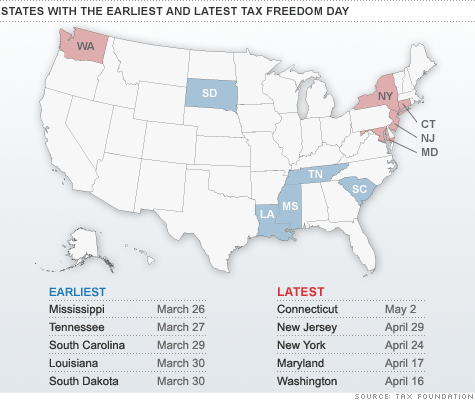Investigative blogger Vivian Krause discusses American environmental groups’ interference in Canadian affairs in the Financial Post:
For five years, on my own nickel, I have been following the money and the science behind environmental campaigns and I’ve been doing what the Canada Revenue Agency hasn’t been doing: I’ve gathered information about the origin and the stated purpose of grants from U.S. foundations to green groups in Canada. My research is based on U.S. tax returns because the U.S. Internal Revenue Service requires greater disclosure from non-profits than does the CRA.
By my analysis and calculations, since 2000, U.S. foundations have granted at least US$300-million to various environmental organizations and campaigns in Canada, especially in B.C. The San Francisco-based Gordon and Betty Moore Foundation alone has granted US$92-million. Gordon Moore is one of the co-founders of Intel Corp. The William and Flora Hewlett Foundation and the David and Lucile Packard Foundation have granted a combined total of US$90-million, mostly to B.C. groups. These foundations were created by the founders of Hewlett-Packard Co.
[. . .]
The Great Bear Rainforest is a 21-million-hectare zone that extends from the northern tip of Vancouver Island to the southern tip of Alaska. Environmentalists now claim that oil tanker traffic must not be allowed in the Great Bear Rainforest in order to protect the kermode bear (aka the Great Spirit Bear). Whether this was the intention all along or not, the Great Bear Rainforest has become the Great Trade Barrier against oil exports to Asia.
Speaking on CBC last night, Prime Minister Stephen Harper said, “But just because certain people in the United States would like to see Canada be one giant national park for the northern half of North America, I don’t think that’s part of what our review process [for the Northern Gateway] is all about.”




